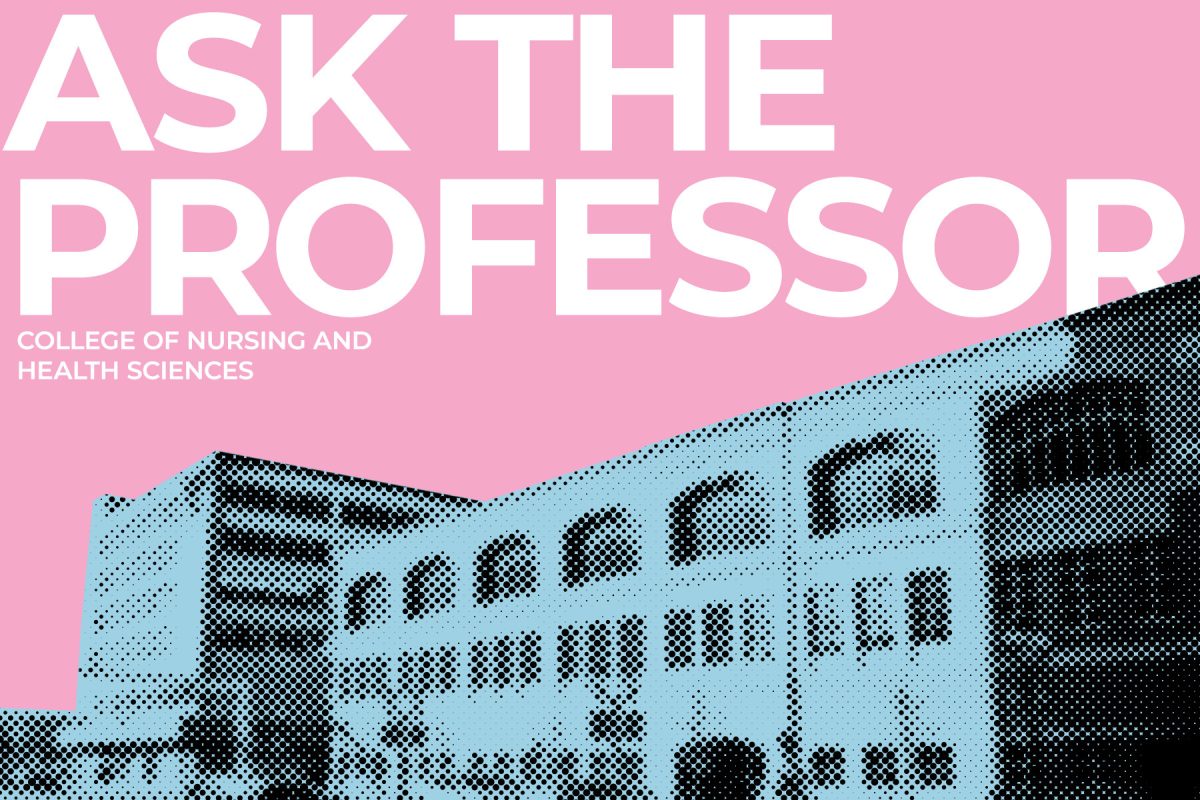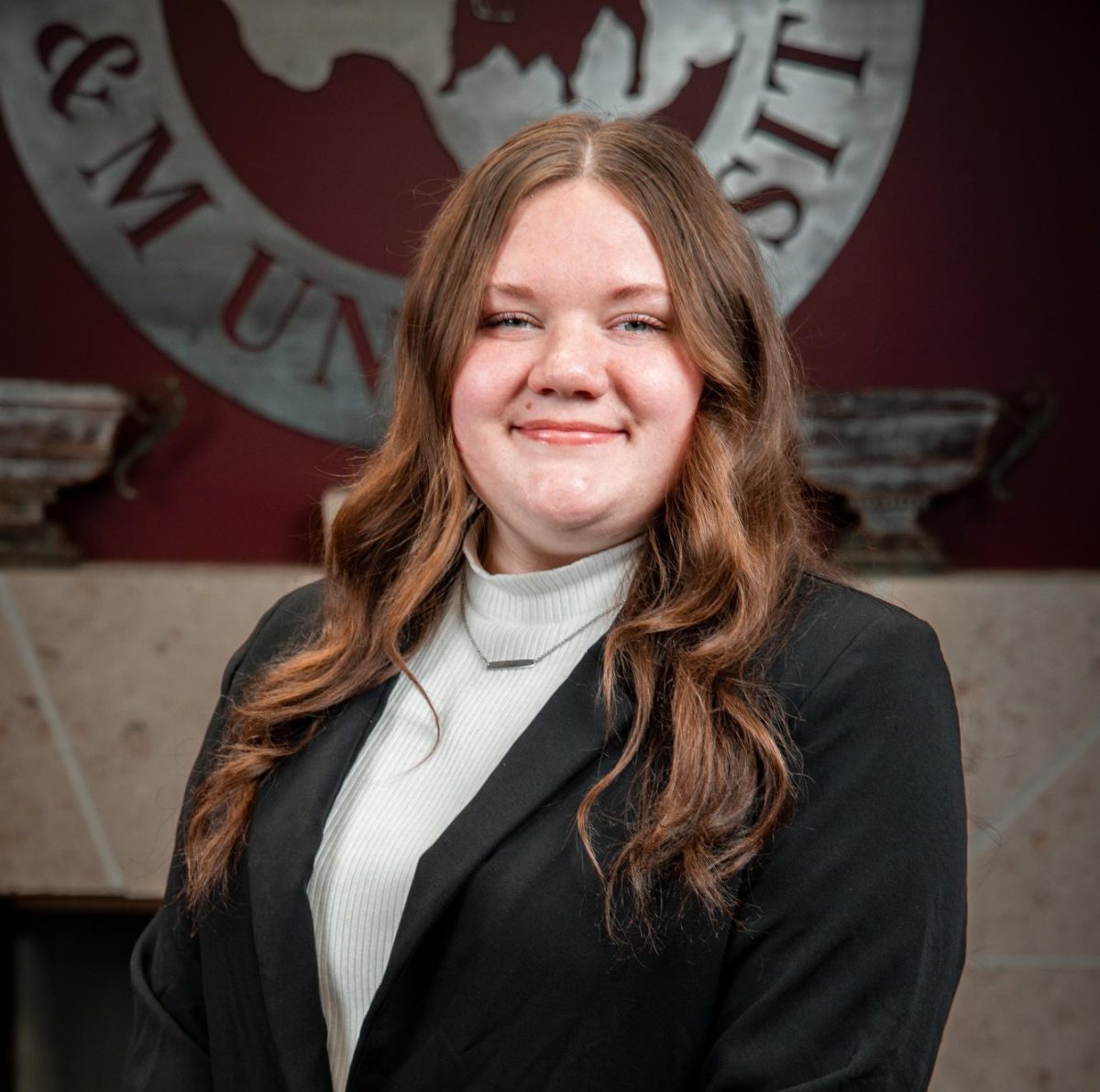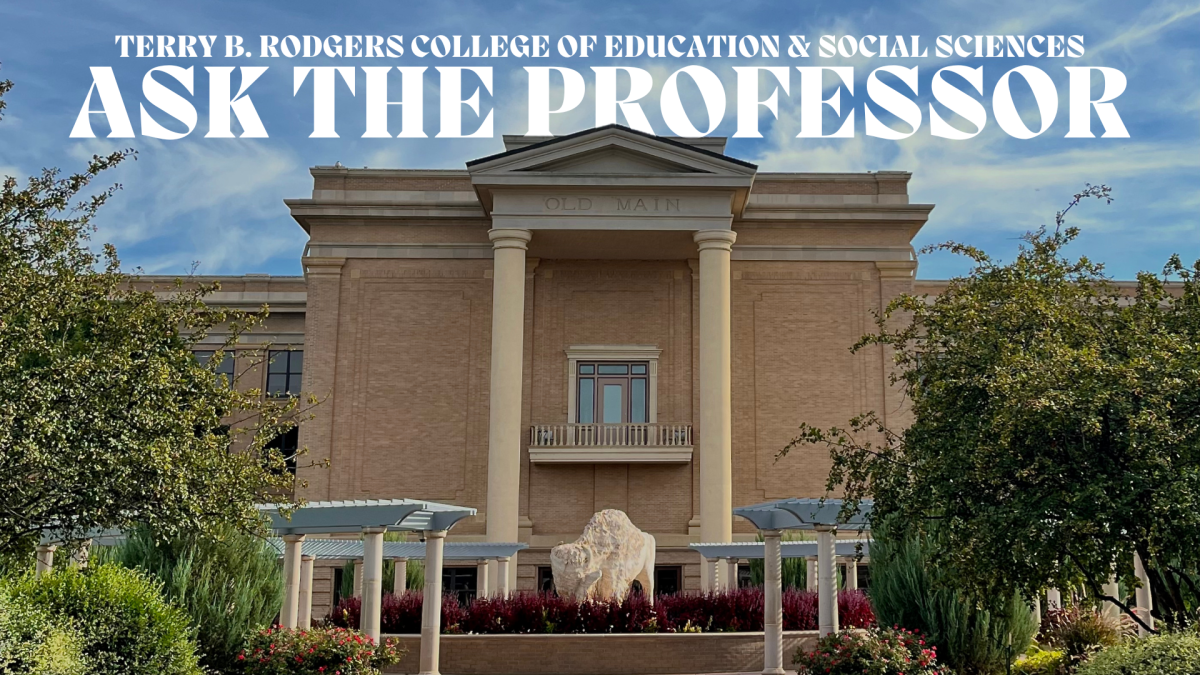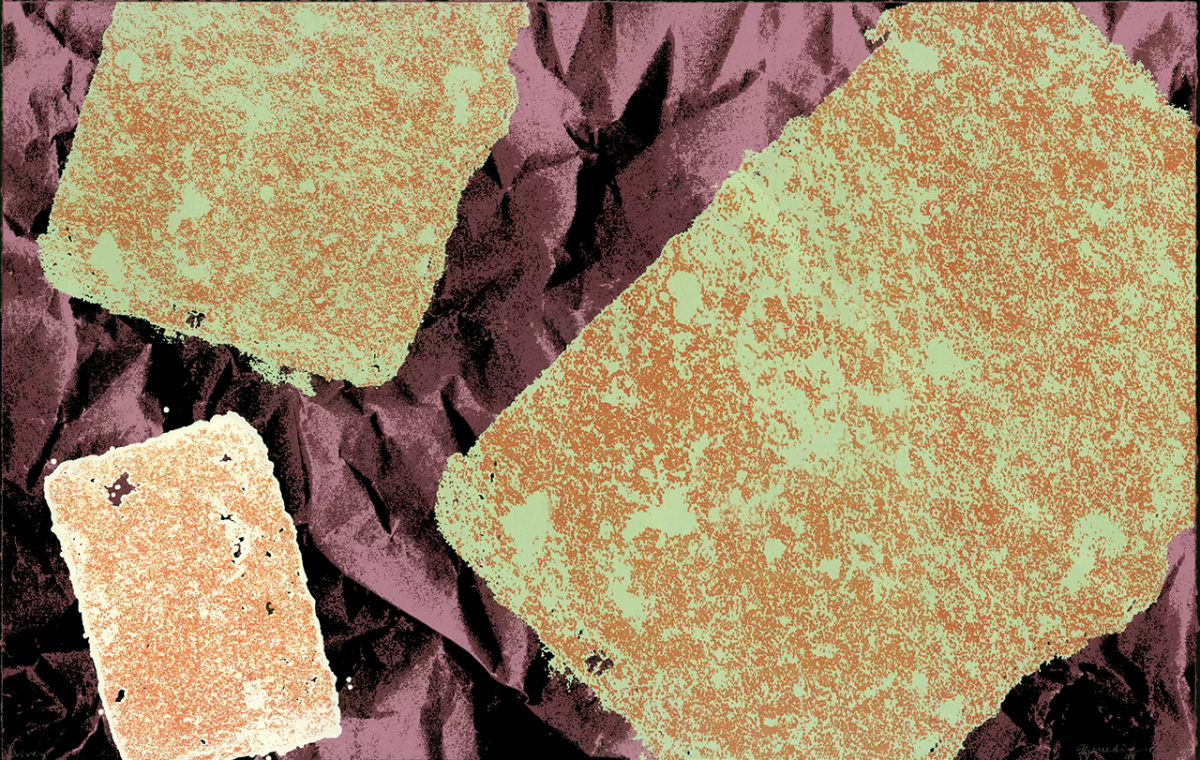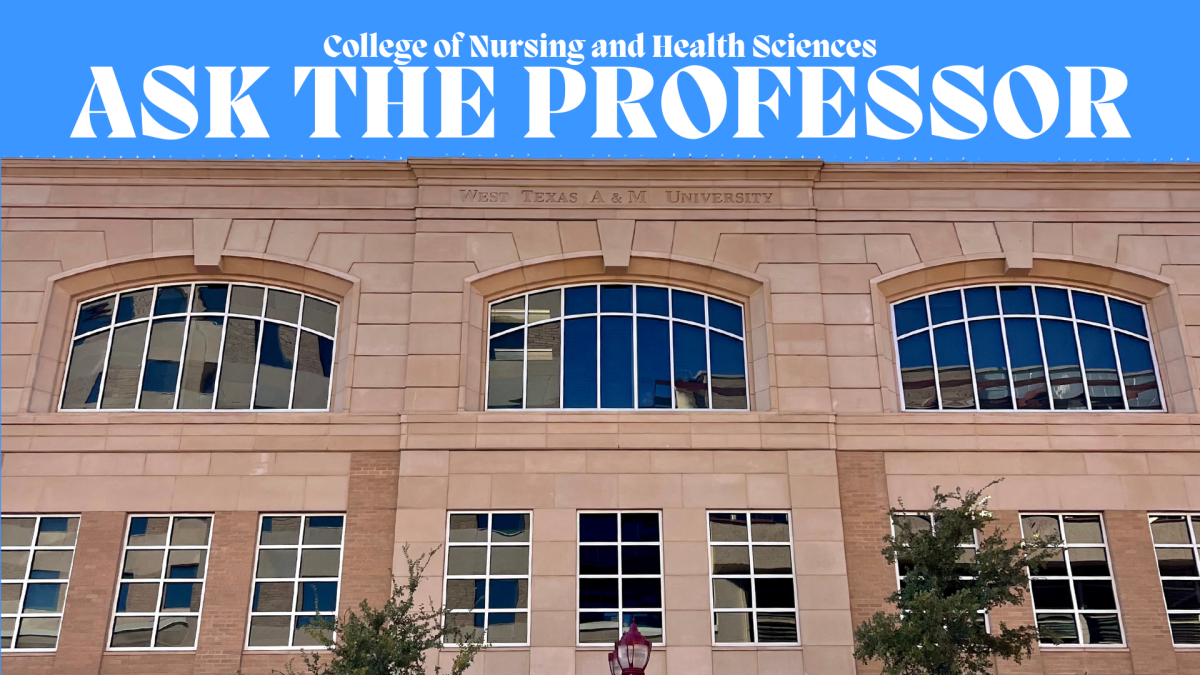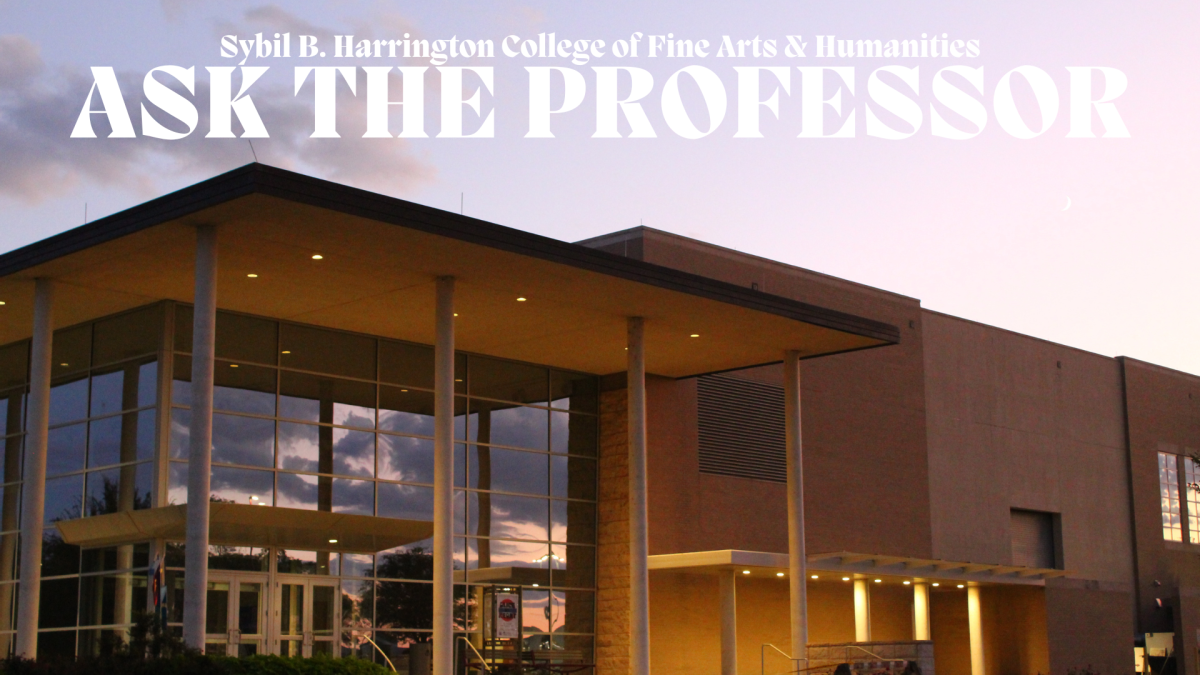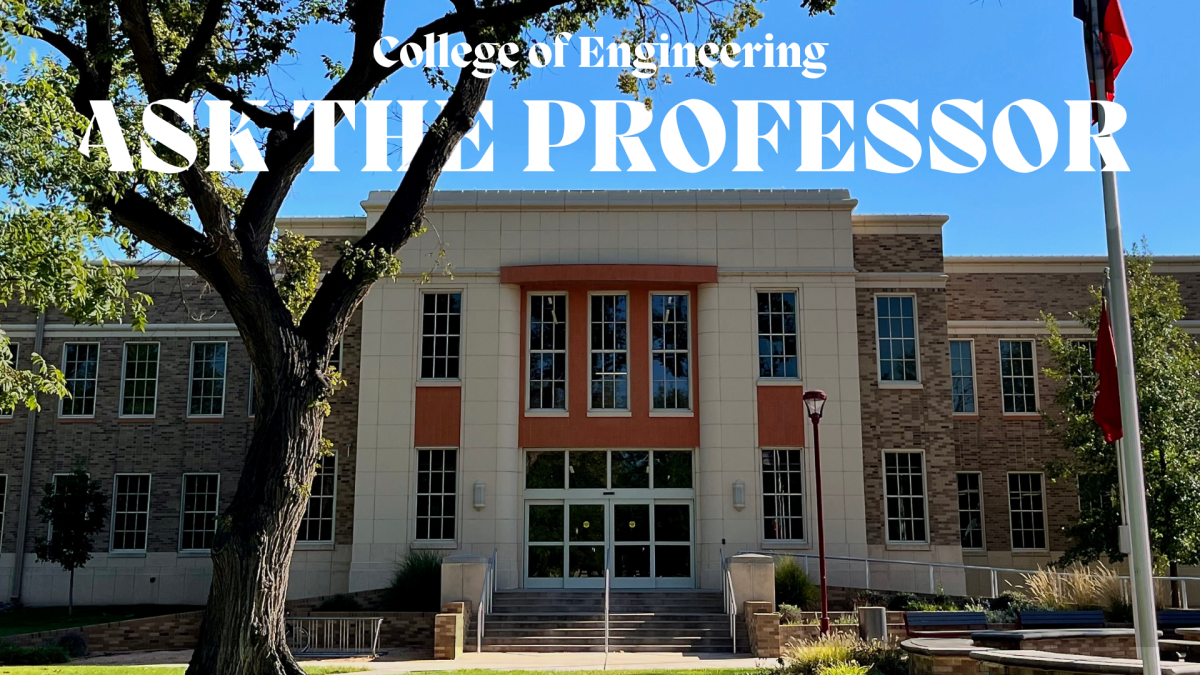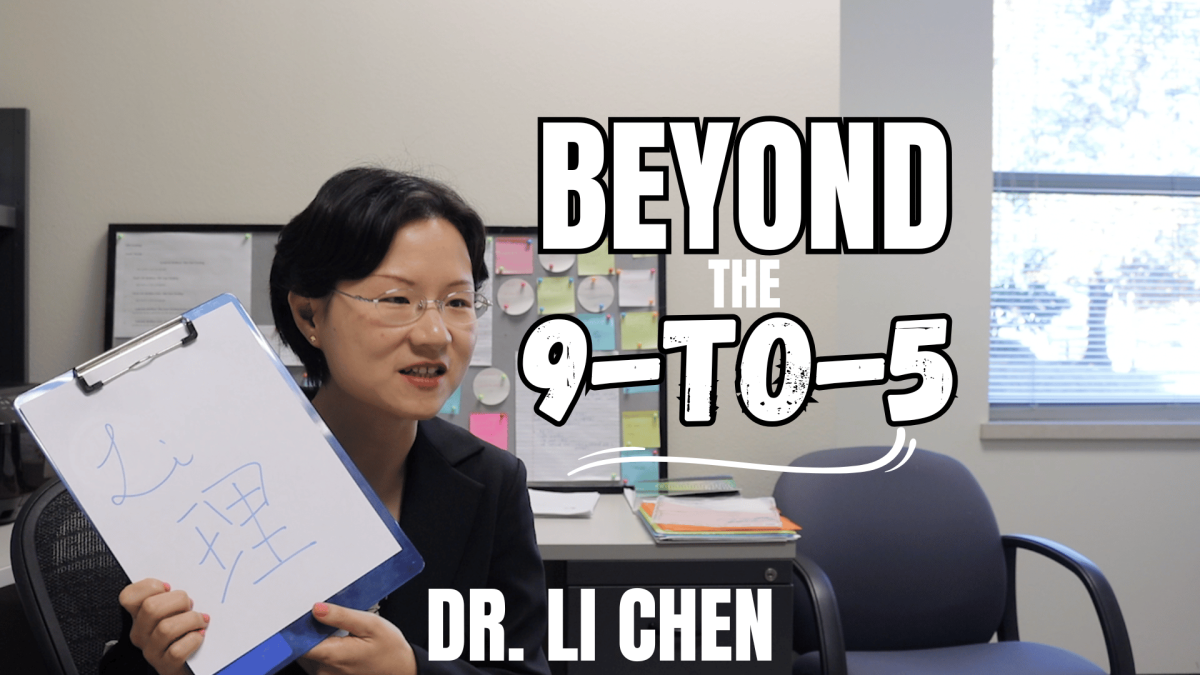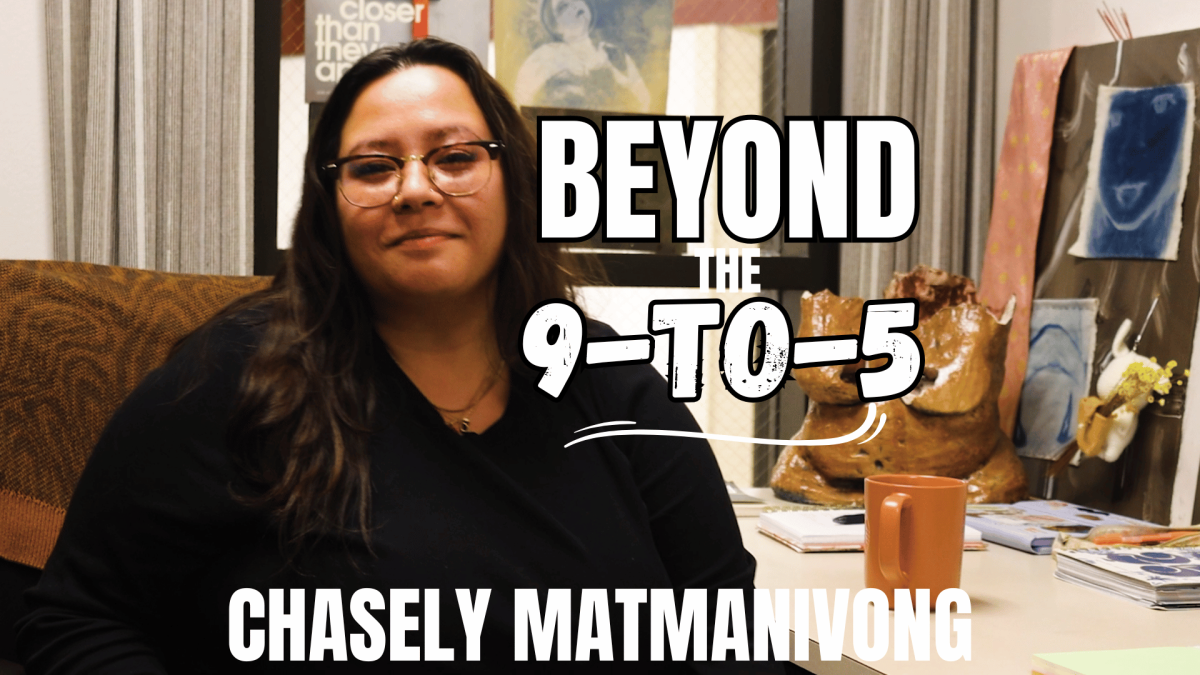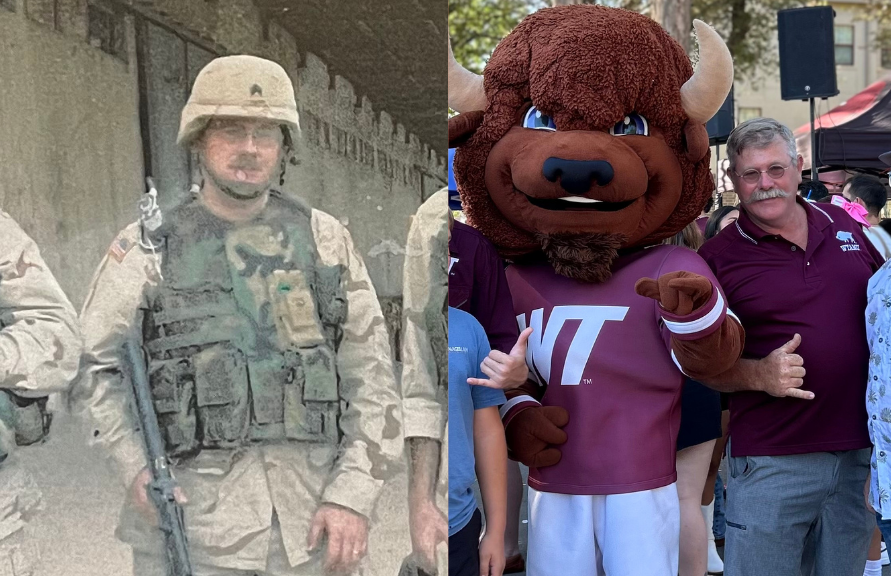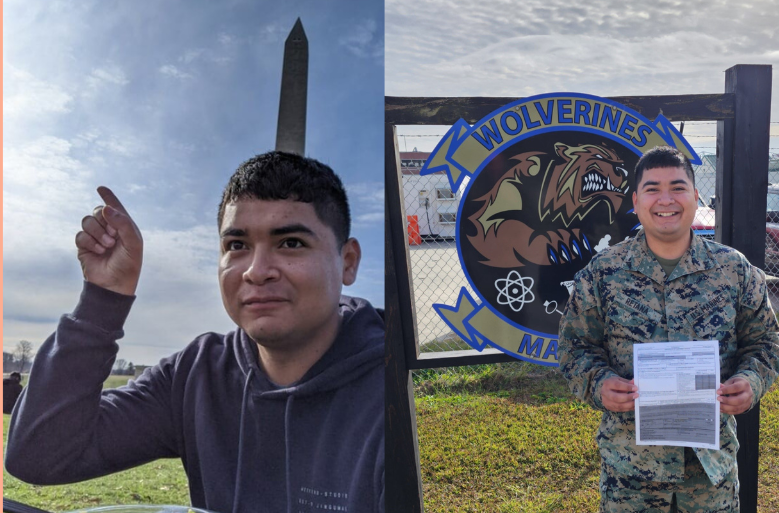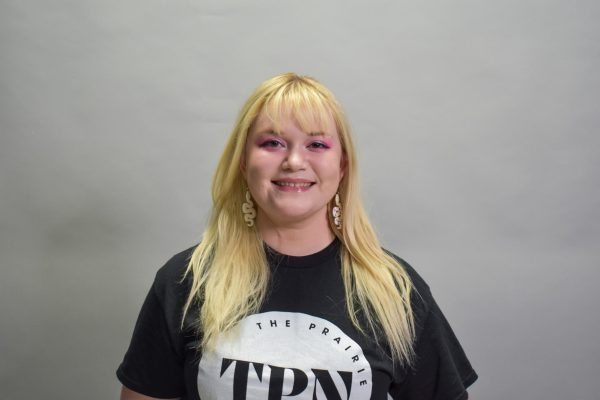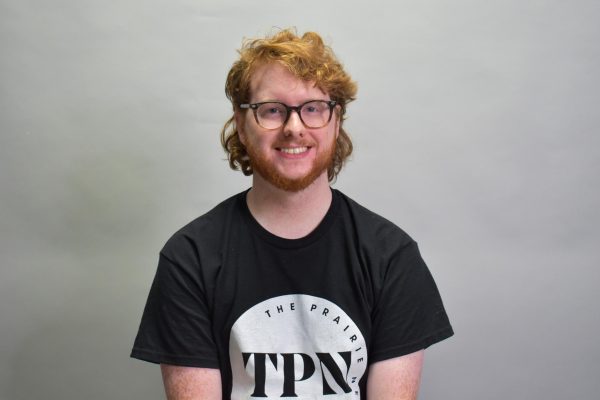Dr. Priscella Correa is an assistant professor of nursing and a Baptist community services professor at the Laura and Joe Street School of Nursing at West Texas A&M University. Dr. Correa teaches courses in graduate populations, practicum, praxis and RN-BSN population nursing.
Dr. Correa was a bedside nurse when she and her family moved to the Panhandle area. She transitioned into a career in academia when Dr. Helen Reyes, the now-retired department head, discussed with her the role of a faculty member at WT.
“And so I came on to WT as a part-time clinical instructor, and I absolutely fell in love with helping students understand nursing and understand the heart of nursing, the compassion that it takes to care of patients,” Dr. Correa said.
Dr. Correa also helps with advising for new student orientations and collaborates with community partners to help plan the Inner-City Health Fair in Amarillo, which students can participate in.
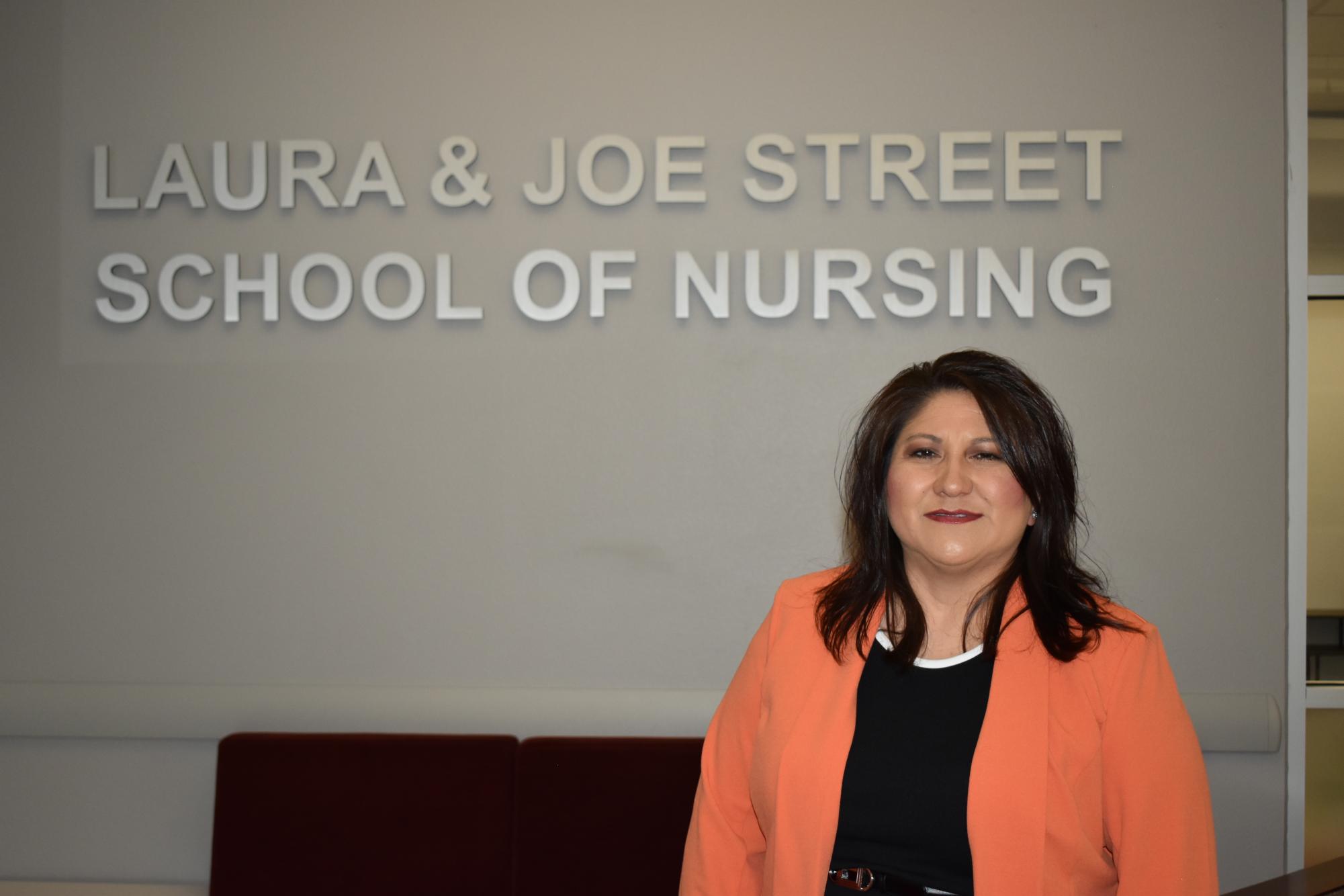
“The Inner-City Health Fair started with Dr. Helen Reyes, that was her vision,” Dr. Correa said. “She started doing health care for homeless individuals. I just took on the project and really started working on looking at health disparities within our local community. Looking at health, poor health outcomes, and things that are affecting individuals that we live by: our neighbors that live in [the] surrounding areas. Those things really do affect healthcare systems. I started delving into what can we do to really bridge that gap of challenges that individuals are facing in order to reach positive healthcare outcomes.”
Dr. Correa said that the Inner-City Health Fair is also becoming an educational initiative to reach the community and educate individuals about diabetes, stress, blood pressure issues and more.
“Looking at, ‘What are these individuals facing? What is holding them back from really reaching the potential of living a healthy lifestyle?’” Dr. Correa said. “That’s kind of where my research and my expertise lie. I look at those things. And so the health fair now is going into community settings. Looking at what we can do, and what education pieces we can bring, screenings we can provide to educate and trying to prevent poor outcomes in the population.”
One of Dr. Correa’s research interests is the effect of chronic illness on the family structure.
“My dissertation was on the Mexican-American individual’s experience to their pre-diabetes care,” Dr. Correa said. “What we look at is the theoretical framework of how healthcare is approached, and so I looked at the social-ecological model, and you have to have a supportive system anytime that an individual is faced with some medical diagnosis. . . When you look at chronic illness, these are long-term changes, so they have to be sustainable for long periods of time. And individuals have to have supportive structures. And so in order to have supportive structures, they usually rely on friends, family, and looking at who can be there by their side to help support them, hold them accountable, and really help them on a journey.”
Staying plugged into the local community is important to Dr. Correa. She is a member of several organizations and associations, including Sigma Theta Tau, the Texas Association of Chicanos in Higher Education, the Association of Community Health Nurse Educators, Los Barrios de Amarillo, and Project Safe Neighborhood.
“Being able to be part of the community to take part of being a voice from a healthcare standpoint, I think, brings that voice to the table,” Dr. Correa said. “But it also helps [to] become a better educator; to be able to bring those concepts and understanding and community relations and looking at how we can partner with community members. People on boards are looking at bigger picture systems and thinkers, and so being able to bring that to the classroom and bringing that to students so they understand the importance of community health and population health. . . Ultimately, health overall is really to prevent chronic illness, to prevent poor health outcomes. And in order to do that, we have to educate. And so being out in the community on boards is really an avenue to be able to educate the community at large.”
Dr. Correa said that as a teacher, she wants to let her students know that she is along with them on their journey through higher education.
“Being a first-generation student, I understand the challenges of what it’s like to be in a space that you don’t understand, or being in a space that no one before you has been in and so it’s difficult to find individuals who can mentor you across the journey,” Dr. Correa said. “And sometimes, it’s just being assured that you’re doing the right thing that you’re on the right track.”
Dr. Correa said that the biggest trait students need to be a good nurse is to have the heart to serve people, as nursing is the most trusted profession. Dr. Correa also started at WT as a student.
“Being able to be part of the institution that helped me grow and also helped me change the trajectory of my life, of the generations that come after me, really has been instrumental in how I move forward to serving not only my community but also to serve my institution,” Dr. Correa said.
This article was edited on April 8 to correct inaccuracies in the courses taught by Dr. Correa.



